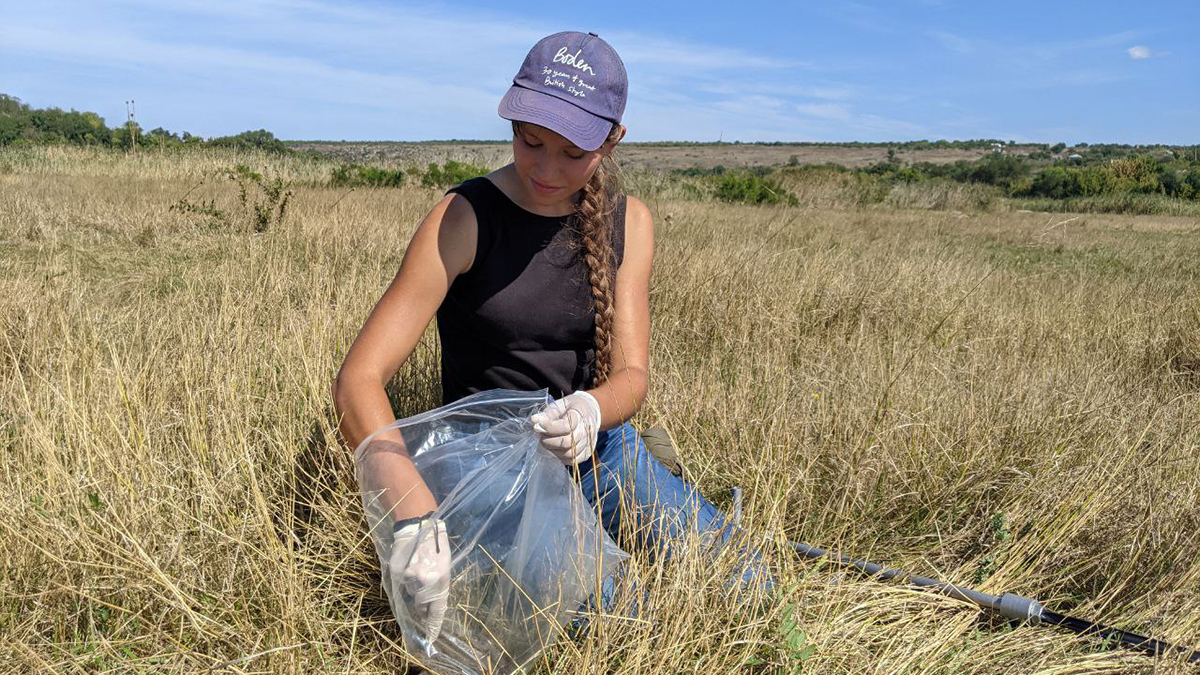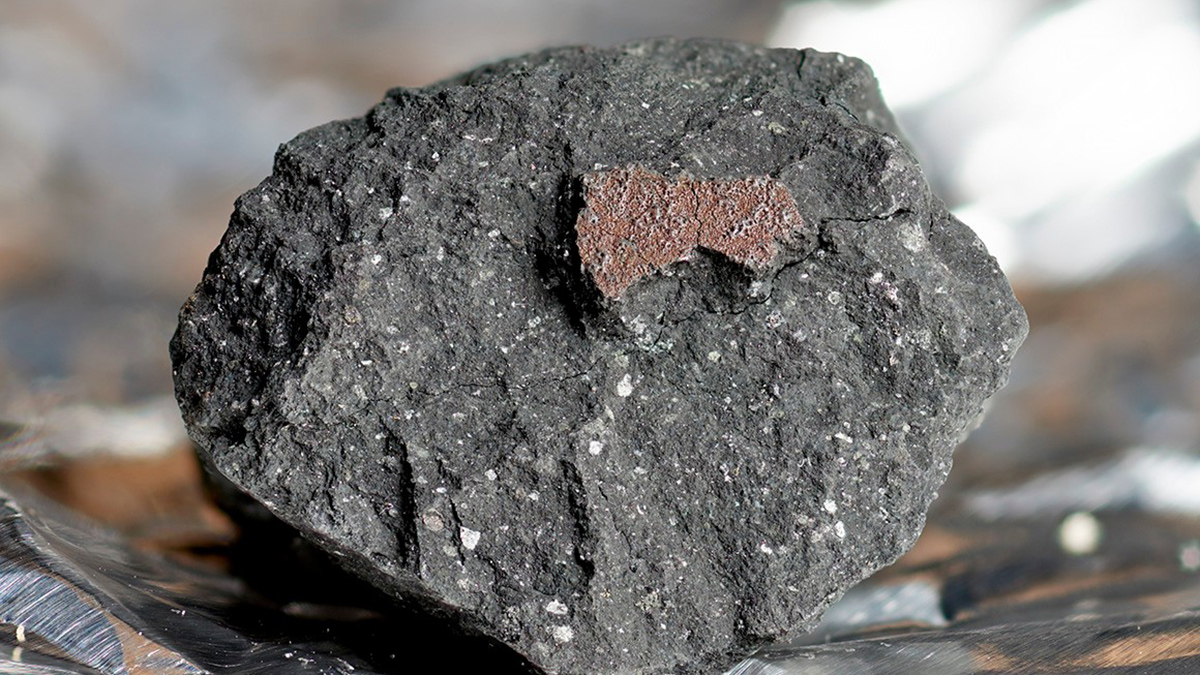Europa Clipper will assess whether Jupiter’s moon has the right ingredients to host life, and could illuminate the mysteries of icy worlds throughout the solar system.
ENGAGE
Corals Are Simplistic When Conditions Are Acidic
Increasing ocean acidity could spell trouble for fish that depend on corals’ many branches for protection.
Ukrainian Scientists Race to Document Soil Fungi
Genetic sequencing of samples collected from across the country contribute to a global database and may help researchers assess the damage caused by war.
A Folding Troposphere May Help Drive Cloud Formation
Scientists have observed atmospheric particles forming where the stratosphere folds into the troposphere, a finding that may deepen understanding of precipitation and climate.
Many Forests in One: A Glimpse into the Amazon’s Diversity
In some areas of the Amazon rainforest, trees green up as a response to drought, while in others they die off. Scientists are trying to understand why.
Navigating the Maze
It’s a great big world of opportunity out there, and our annual career issue highlights how some scientists have found their way.
How Liquid Is That Lava?
A new device helps scientists measure lava viscosity during active flows.
A Sugar Coating for Arrokoth
A Kuiper Belt object might contain ribose and glucose on its surface—the same elements that could have seeded life on Earth.
Is It Climate Change? Americans Mostly Say Yes
Most Americans think climate change plays some role in creating extreme weather, though their perceptions didn’t always align with scientists’.
A Splashy Meteorite Was Forged in Multiple Collisions
The Winchcombe meteorite was recovered, largely from a driveway, just hours after it fell to Earth, preserving evidence that its early relatives could have filled Earth’s oceans.










